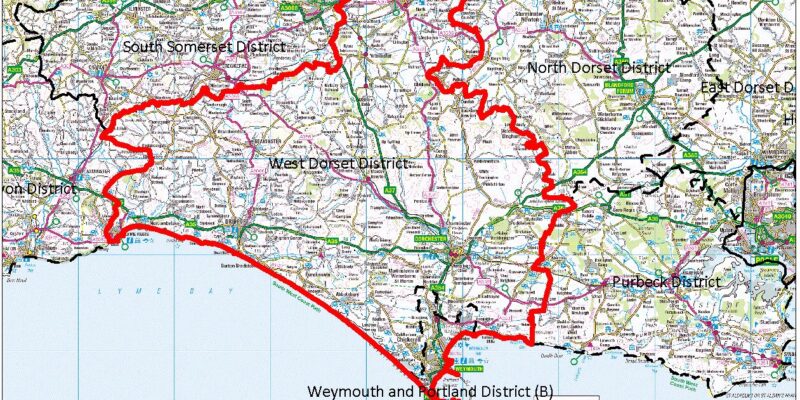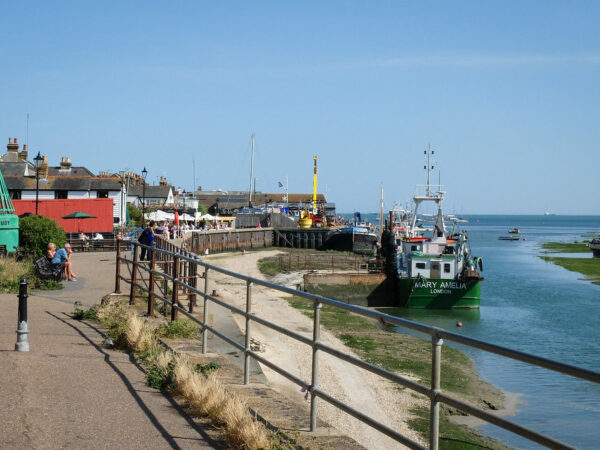Navigating the intricacies of property development in Dorset requires a thorough understanding of the Dorset Planning Search system. Whether you’re a homeowner looking to expand or a developer planning a new project, maximising your property’s potential is crucial. Here, we provide ten essential tips to help you make the most of the Dorset Planning Search system and ensure your development plans align with local regulations and community needs.
Understand the Basics of Dorset Planning Search
Before diving into the complexities of property development, it’s essential to understand the basics of the Dorset Planning Search system. This online tool allows users to access planning applications, decisions, and related documents for properties within Dorset. Familiarising yourself with its features and functions will streamline your search process and provide a solid foundation for your planning efforts.
Dorset Planning Search:Identify Your Property’s Zoning and Land Use Designations
The first step in maximising your property potential is identifying its zoning and land use designations. Zoning regulations dictate what types of developments are permitted on your property. Use the Dorset Planning Search to check your property’s zoning classification and any specific land use designations. This information will help you determine what types of developments are feasible and guide your planning decisions.
Review Previous Planning Applications and Decisions
Learning from past applications can provide valuable insights. Use the Dorset Planning Search to review previous planning applications and decisions for properties similar to yours. Pay attention to the reasons for approval or rejection, as this can help you avoid common pitfalls and strengthen your application. Understanding the local planning authority’s priorities and concerns will also enhance your chances of success.
Engage with Local Planning Authorities Early
Engaging with local planning authorities early in your planning process can save time and prevent potential issues. Reach out to the Dorset Council’s planning department to discuss your project and seek preliminary feedback. Early engagement allows you to address any concerns or requirements before submitting your formal application, increasing the likelihood of approval.
Conduct a Thorough Site Analysis
A thorough site analysis is crucial for maximising your property potential. Evaluate your site’s physical characteristics, including topography, soil conditions, and existing infrastructure. Identify any constraints, such as protected trees or heritage sites, and opportunities, such as scenic views or proximity to amenities. This analysis will inform your design decisions and help you create a development plan that leverages your site’s strengths.
Incorporate Sustainable Design Principles
Sustainability is a key consideration in modern property development. Incorporating sustainable design principles into your project can enhance its appeal and align with local planning policies. Consider using energy-efficient building materials, integrating renewable energy sources, and designing for water conservation. Green spaces, biodiversity enhancements, and sustainable transport options can also add value to your development.
Prepare a Comprehensive Planning Application
A well-prepared planning application is critical for success. Your application should include detailed plans, drawings, and supporting documents that clearly outline your proposed development. Use the Dorset Planning Search to identify any specific requirements for your application. Ensure that your plans comply with zoning regulations and address any potential impacts on the local community and environment.
Engage with the Community
Community engagement is an important aspect of the planning process. Engage with local residents, businesses, and stakeholders to gather feedback and build support for your project. Hosting public consultations, distributing informational materials, and maintaining open communication channels can help address concerns and demonstrate your commitment to the community. Positive community relations can significantly influence the outcome of your planning application.
Monitor Your Application’s Progress
Once you’ve submitted your planning application, use the Dorset Planning Search to monitor its progress. The system allows you to track the status of your application, view any comments or objections, and respond to queries from the planning authority. Staying informed and proactive throughout the review process will help you address any issues promptly and keep your project on track.
Plan for Future Maintenance and Upgrades
Maximising your property potential doesn’t end with the completion of your development. Plan for future maintenance and potential upgrades to ensure your property remains valuable and functional. Regular maintenance can prevent costly repairs, while upgrades can adapt your property to changing needs and market conditions. Consider long-term sustainability and flexibility in your initial design to accommodate future developments.
Conclusion
Maximising your property potential in Dorset requires a strategic approach that leverages the resources and tools available through the Dorset Planning Search system. By understanding zoning regulations, learning from previous applications, engaging with authorities and the community, and incorporating sustainable design principles, you can create a successful development plan. Monitoring your application’s progress and planning for future maintenance and upgrades will ensure your property remains valuable and functional in the long term. With these ten tips, you’ll be well-equipped to navigate the planning process and achieve your development goals.
FAQs
1. What is the Dorset Planning Search system?
The Dorset Planning Search system is an online tool that allows users to access planning applications, decisions, and related documents for properties within Dorset. It provides a comprehensive database of information to assist with property development and planning.
2. How can I find my property’s zoning classification?
You can find your property’s zoning classification by using the Dorset Planning Search system. Enter your property details to access zoning information and any specific land use designations that apply to your site.
3. Why is community engagement important in the planning process?
Community engagement is important because it helps gather feedback, address concerns, and build support for your project. Positive community relations can significantly influence the outcome of your planning application and ensure your development aligns with local needs and preferences.
4. What are some examples of sustainable design principles?
Sustainable design principles include using energy-efficient building materials, integrating renewable energy sources, designing for water conservation, enhancing green spaces, promoting biodiversity, and providing sustainable transport options.
5. How can I monitor the progress of my planning application?
You can monitor the progress of your planning application using the Dorset Planning Search system. The system allows you to track the status of your application, view comments or objections, and respond to queries from the planning authority. Staying informed and proactive throughout the review process will help you address any issues promptly and keep your project on track.
Also read: Le Petit Chef London: Taste Sensations with 10 Exquisite Creations












